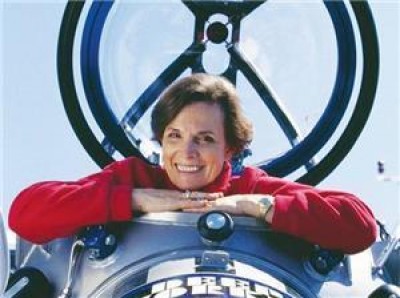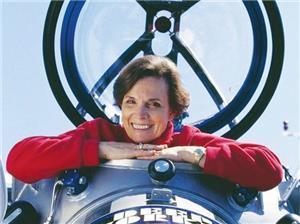Cape Whale Coast Hope Spot Press Release 2014
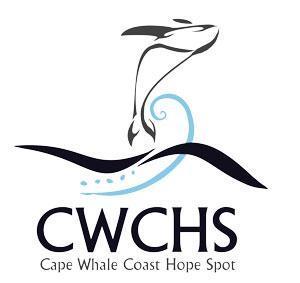 Fostering a culture of caring for each other & the marine environment.
Fostering a culture of caring for each other & the marine environment.
The Cape Whale Coast Hope Spot, which stretches for 200kms from Rooi Els to Quoin Point in the Western Cape, is unique in its combination of rich and abundant biodiversity, spectacular scenery and cultural heritage.
WHAT IS A HOPE SPOT?
Covering over 70% of Earth’s surface, oceans represent the largest habitat on the planet. They contain 99% of available living space and provide homes for more than 50% of all known species. Oceans provide people with more than 20% of our global protein requirements and contribute between 70-80% of the oxygen we breathe. Yet the very oceans on which we are so dependent are threatened by decades of overfishing, pollution, climate change and acidification.
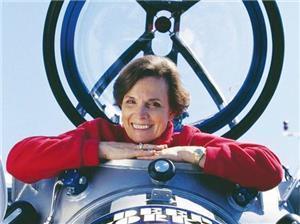 Dr Sylvia Earle, world renowned marine conservationist and National Geographic Explorer-in-Residence, believes that we are “…in a sweet spot in time”. A time when we are equipped with the knowledge and technology to protect the oceans, promoting a global sense of hope for people, different cultures and the environment. Dr Earle, through the ocean community hub Mission Blue, created the idea of Hope Spots in 2009 to ignite public support for a global network of special marine management areas critical to the health of the oceans and the planet.
Dr Sylvia Earle, world renowned marine conservationist and National Geographic Explorer-in-Residence, believes that we are “…in a sweet spot in time”. A time when we are equipped with the knowledge and technology to protect the oceans, promoting a global sense of hope for people, different cultures and the environment. Dr Earle, through the ocean community hub Mission Blue, created the idea of Hope Spots in 2009 to ignite public support for a global network of special marine management areas critical to the health of the oceans and the planet.
Hope Spots promote an inclusive approach, whereby science, tourism, education, sustainable development and use of marine resources are possible. These special areas also act as a network of marine spaces designed to maintain biodiversity, provide a carbon sink, generate life-giving oxygen, preserve critical habitat and allow low-impact activities to thrive. Given the international profile of Dr Earle and Mission Blue, several key benefits of Hope Spots include global recognition and support for selected marine areas, and extensive promotion in the global tourism market.
HOPE SPOTS IN SOUTH AFRICA & THE OVERSTRAND
To date, fifty Hope Spots have been declared on a worldwide basis. This December, Dr Earle will visit South Africa to inaugurate the first six Hope Spots on the African continent. And on December 6th 2014, she and her team will visit the Overstrand to officially launch the Cape Whale Coast Hope Spot (CWC-HS).
The South African Hope Spot initiative is being led by the Sustainable Seas Trust (SST) and driven by a local organizing committee. The organizing committee members were nominated by a broad stakeholder group, and include representatives from the Overstrand Municipality, CapeNature, Department of Fisheries, the tourism and NGO sectors, and media.
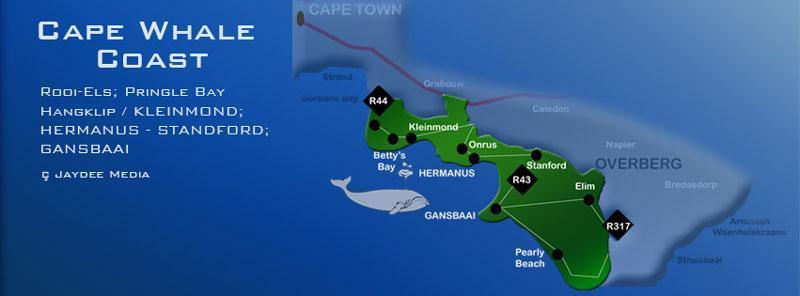
THE CAPE WHALE COAST HOPE SPOT
The short-term aim for the CWC-HS is to host an exciting array of activities on Saturday December 6th focused primarily on involving coastal communities – from Rooi Els to Quoin Point – in one inclusive celebration of our amazing coastal zone; highlighting the myriad of activities our Hope Spot has on offer, including fishing, tourism, biodiversity, diving and industry.
The long-term aims will be to focus on uplifting educational processes related to coastal issues, improving eco-friendly and informed tourism and, finally, creating community drive to protect the coastline so our children can partake in the coastal livelihoods and recreational activities that make the Cape Whale Coast Hope Spot unique.
HOPE FOR PEOPLE
It is clear that local communities within the CWC-HS area are dependent on healthy oceans for their livelihoods, recreational activities and tourism ventures. While the identification and/or expansion of entrepreneurial opportunities is key for the Hope Spot process, it is imperative that associated dangers such as damaging the natural environment or overexploiting natural resources, be taken into consideration during any decision-making process.
As citizens of the Cape Whale Coast we are all intimately connected to the sea. To feel that connection, we must feel involved. We must have a sense of ownership and stewardship for the spaces and species around us; recognizing we are not distinct from nature but are, instead, very much a part of it. There is, therefore, an overarching need to develop a culture of accountability and shared responsibility for this wondrous place we call “Home”. Promoting this changing culture is a priority goal in the CWC-HS.
ENVIRONMENTAL ICONS FOR HOPE
The CWC-HS contains many unique natural and cultural sites, including the Kogelberg Biosphere Reserve; Dyer Island Provincial Nature Reserve; Walker Bay Whale Sanctuary; and Betty's Bay Marine Protected Area. The latter exists adjacent to the land-based colony of African Penguins at Stoney Point – the only growing colony of African Penguins in the world.
The Bot/Kleinmond Estuary and the Klein Estuary are officially recognized as being of National and global importance, providing large expanses of habitat for a multitude of important species including migratory birds and commercially-important fisheries.
Some of the iconic species in the area include the Southern Right Whales, Great White Sharks, African Penguins, Abalone, West Coast Rock Lobster, Western Leopard Toad and White Milkwood. Like the unique fynbos vegetation that covers the landscape of the region, kelp forests and incredible marine diversity abound, owing to the mixing of the cold Benguela current of the Atlantic Ocean to the west and the warm Agulhas current of the Indian Ocean to the east.
BE PART OF THE MOVEMENT FOR HOPE ON DECEMBER 6TH …& BEYOND
The CWC-HS Organizing Committee is in the process of coordinating an event to coincide with Dr Sylvia Earle’s visit on December 6th. The overarching objective of the Cape Whale Coast Hope Spot event is to launch our Hope Spot in the international arena, adding the Overstrand to the list of existing global Hope Spots.
The event will be the first step on a lifelong journey aimed at achieving three main goals:
- creating an understanding of our dependence on a healthy environment, with particular emphasis on the empowerment and mentorship of local youth in order to establish a lasting network of educated and informed ambassadors for our coastal environment;
- identifying and supporting entrepreneurial/development opportunities in order to help create sustainable livelihoods for local people;
- generating a very clear conservation and caring ethos such that all participants can contribute towards their own future.
WHAT CAN YOU DO?
- Get involved in local Citizen Science projects
- Donate skills to achieve CWC-HS goals
- Commit funding that can be allocated to projects identified by the Organizing Committee
- Participate in CWC-HS management processes by joining the Organizing Committee or associated Working Groups.
FOLLOW THE CAPE WHALE COAST HOPE SPOT
The CWC-HS is on social media. Follow developments & have your say.
Facebook: https://www.facebook.com/capewhalecoasthopespot
Twitter: @WhaleHopeSpot
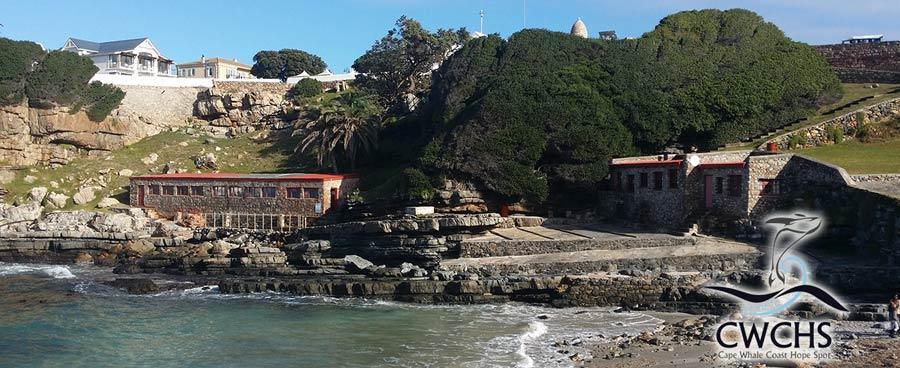
Source
© Written, Research and Photos: Carole Knight - http://caroleknight.co.za/
Call us and schedule your listing today! Contact Us
Copyright © 2024 Hermanus Online Magazine. Web Development by Jaydee media.

